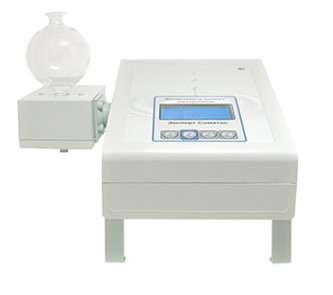New outbreak of African swine fever in Moldova

African swine fever is a highly contagious viral disease that affects pigs and wild boars. It does not pose a threat to humans, but the consequences for livestock farming can be catastrophic. The disease causes high mortality among pigs, which in turn can negatively affect the region's economy and food security.
In response to this threat, the Transnistrian authorities have decided to temporarily ban the import of livestock products from the above-mentioned villages. This includes not only live pigs, but also products obtained from their slaughter, as well as all types of feed and feed additives used in pig farming. This step is aimed at preventing the spread of the virus to the territory of the PMR and protecting local livestock farming.
Precautions and prevention
In conditions where African swine fever continues to threaten pig farming, it is important to understand what precautions can be taken. Here are some key recommendations:
1. Animal movement control: Authorities should ensure strict controls on the movement of pigs and livestock products between regions, especially in areas with confirmed ASF cases .
2. Farmer education: It is important to conduct information campaigns for farmers on the signs of the disease and measures to prevent it. This may include training on proper farm hygiene, as well as recommendations on vaccination and preventive measures.
3. Destruction of infected animals: If infected animals are detected, they should be destroyed immediately to prevent further spread of the virus.
4. Sanitation: Establish and enforce strict sanitary standards on farms, including regular disinfection, access control and the use of protective clothing.
5. Monitoring and research: Conduct regular monitoring of pig and wild boar populations for the presence of the virus, as well as research to develop new methods to combat ASF.
African swine fever poses a serious threat to livestock production not only in Moldova, but also in neighboring regions such as Transnistria. The introduction of temporary restrictions on the import of livestock products from infected areas is a necessary measure to protect the local market and prevent the spread of the virus. It is important that all stakeholders, including farmers, authorities and scientific institutions, work together to effectively combat the disease and minimize its impact on the economy and food security of the region.



























































